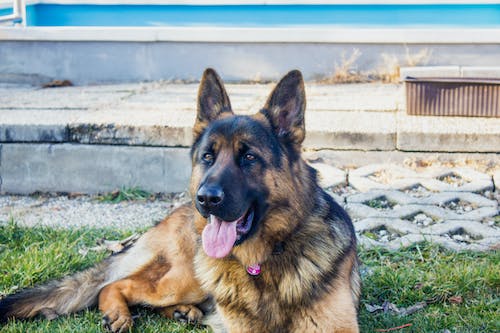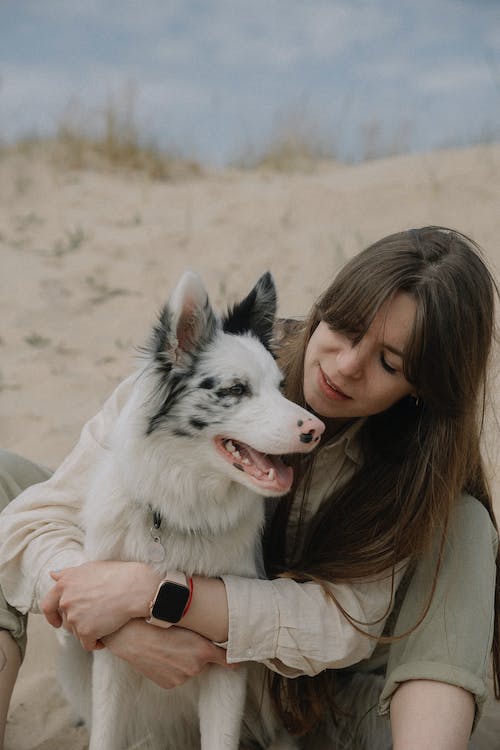We’ve all heard the saying, “They’ll fight like cats and dogs…” but that’s not necessarily the case if you choose the right dog. While it’s a common stereotype that dogs and cats can’t get along, the truth is that some dog breeds possess traits that make them far more compatible with cats. A key factor to consider when selecting a dog to live with a cat is the breed group. Each breed has its own instincts and tendencies, which can make a big difference in how they interact with felines. For example, breeds in the Terrier Group were originally bred to hunt small animals, including rodents and, unfortunately, cats. This instinct can sometimes make them less tolerant or even aggressive towards cats. Likewise, dogs in the Hound Group were bred for their strong pursuit and chasing abilities, which might not make them the best companions for a laid-back feline. However, dogs from the Herding Group, which were specifically bred to work alongside animals and manage their movements, often display calmer, more focused behavior. These dogs are generally more respectful of other creatures, making them a much better fit for households with cats. Below, we’ve compiled a list of the top 4 herding dogs that we believe would be an excellent addition to any cat-friendly home.
Australian Shepherd
The Australian Shepherd is a highly intelligent, loyal, and energetic dog breed that has gained popularity in recent years, becoming a favorite among families and active individuals alike. Though it carries the name "Australian," the breed actually originated in the western United States in the 19th century, where it was bred for herding livestock on ranches. It is believed that the breed’s ancestors were brought over by Basque shepherds from Australia, who sought a versatile dog capable of handling the demanding work of managing herds of sheep and cattle. Their calm, affectionate nature often allows them to adjust to a multi-pet household, making them a good choice for families with cats.

German Shepherd
The German Shepherd is a noble and versatile breed that has been around for over a century. Originally developed in Germany as a herding dog, the German Shepherd quickly proved its worth with its exceptional intelligence, loyalty, bravery, and strong work ethic. These traits made the breed highly sought after for roles in police and military work, where they excelled as service dogs. Today, German Shepherds continue to serve in these important roles, but they have also become beloved family pets due to their dependable nature and protective instincts. Overall, their temperament, loyalty, and trainability make them adaptable companions in households with cats, as long as both animals are given the time and space to adjust to each other.
Border Collie
The Border Collie is a medium-sized herding breed that is widely regarded as the most intelligent dog breed, known for their quick learning abilities and exceptional problem-solving skills. They are descendants of landrace sheepdogs that once roamed the British Isles, but it was in the Anglo-Scottish border region that the breed became standardized. With their keen minds and impressive work ethic, Border Collies were primarily used for herding sheep, a task for which they are still highly regarded today. Their affectionate nature and ability to form strong bonds with family members, including cats, mean that with the right guidance, they can coexist harmoniously with feline companions. However, it is important to provide mental stimulation and physical exercise for a Border Collie to prevent them from becoming bored and potentially directing excess energy toward chasing or herding the cat.

Shetland Sheepdog
The Shetland Sheepdog, often affectionately called the Sheltie, is a herding breed that hails from the rugged Shetland Islands of Scotland. Initially known as the Shetland Collie, the breed’s name was changed due to controversy with Rough Collie breeders, leading to its formal adoption as the Shetland Sheepdog. Despite its small size, the Sheltie is a hardworking and intelligent dog that was originally bred to herd sheep in the harsh conditions of the Shetland Islands. With their keen instincts, they are highly trainable and excel in various canine sports. Their easygoing nature and sociability make them a great fit for homes with both dogs and cats, as long as they are given the opportunity to interact in a positive way.
No matter which dog breed you choose, the initial introduction between your dog and any other pets is crucial. Many animals can be territorial, so it may take some time for them to adjust to sharing their space. Patience and careful management are key to ensuring a smooth transition and helping everyone feel comfortable in their new environment.

